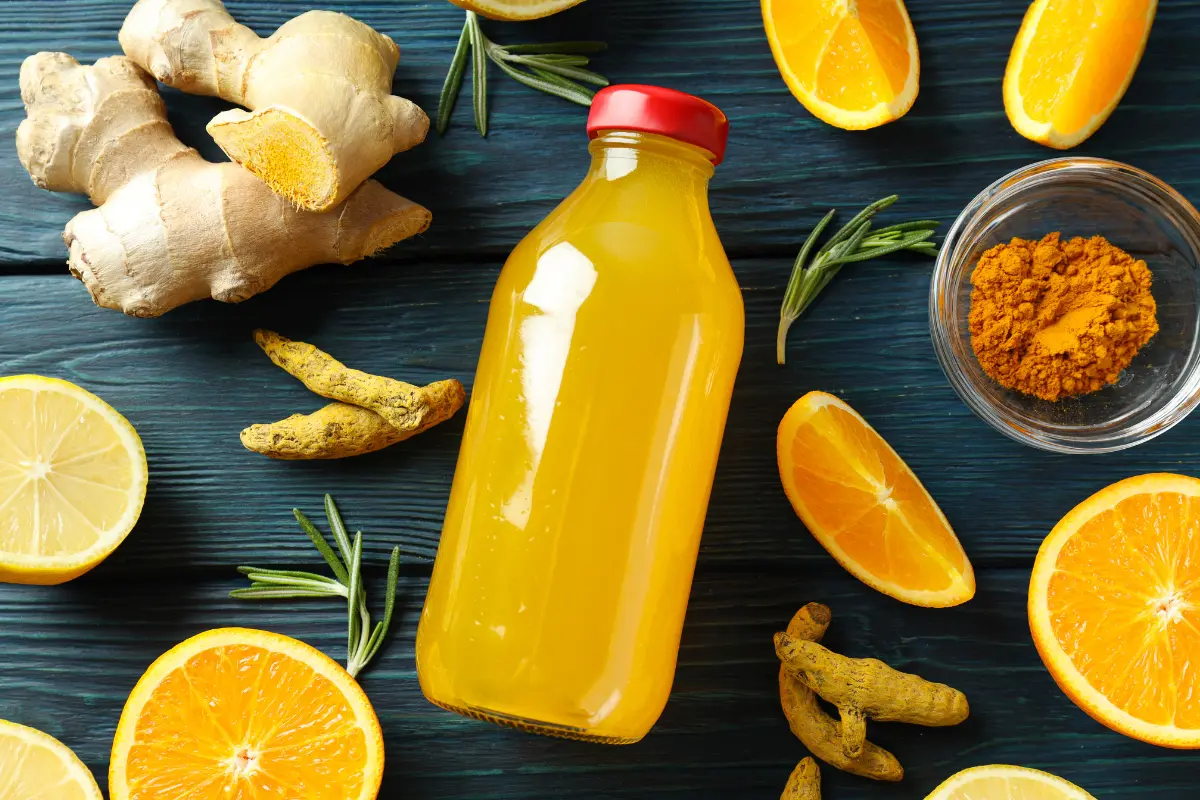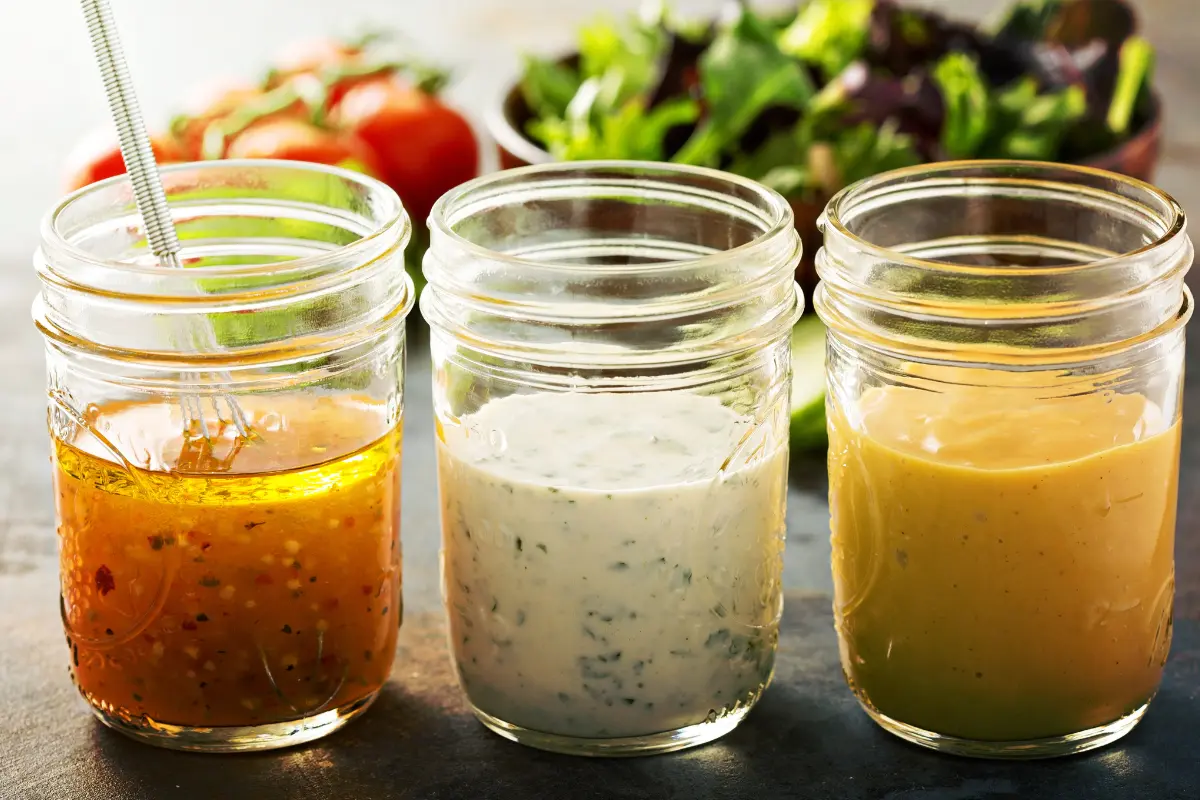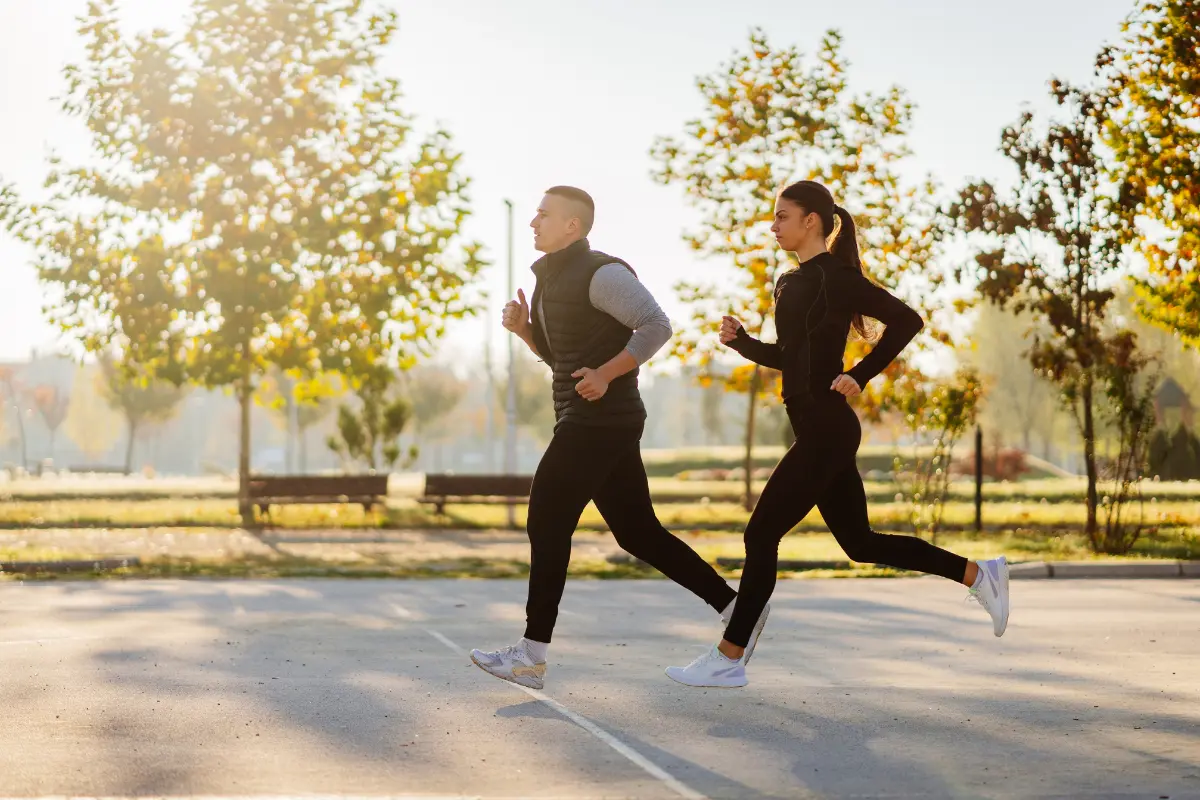
Ever finish a workout feeling accomplished only to wake up the next day with sore muscles, aching joints, and stiffness that completely wrecks your day? That post-exercise soreness is your body’s natural response to inflammation, a necessary process for healing and growing stronger. But inflammation can work against your athletic goals, slowing recovery and performance when inflammation sticks around too long.
Here’s the good news: what you eat can make a big difference. By focusing on foods that combat inflammation, you can accelerate recovery, alleviate pain, and enhance your training. Incorporating specific anti-inflammatory foods into your diet can significantly improve recovery, reduce discomfort, and enhance athletic performance.
Understanding Inflammation and Its Impact on Athlete
Inflammation is your body's built-in defense mechanism. There are two main types:
-
Acute inflammation: Short-term and part of the healing process. Think of the soreness after lifting heavy weights or running hard. This type of information means your body is repairing and adapting.
Advertisement
-
Chronic inflammation: Long-term and harmful. It can result from poor diet, stress, lack of sleep, and overtraining. This type of inflammation can hinder your progress.
The Pros of Short-Term Inflammation for Athletic Performance
A temporary inflammatory response after exercise is both normal and essential. Short-term (or acute) inflammation promotes muscle repair and growth, while also increasing blood flow.
The Cons of Chronic Inflammation for Athletic Performance
When inflammation persists for an extended period, it can lead to complications. Chronic inflammation can cause prolonged recovery time, chronic joint pain, a decrease in endurance and strength, as well as an increased risk of injury.
The Best Anti-Inflammatory Foods for Athletes
Thankfully, some powerful foods help fight inflammation and support an active lifestyle.
Advertisement
Omega-3 Fatty Acids for Athletes: Fueling Recovery
Omega-3s (especially EPA and DHA) are essential fats with strong anti-inflammatory benefits. They reduce inflammation in muscles and joints, enhance recovery, and support heart health.
Top Sources of Omega-3s:
- Fatty fish: salmon, mackerel, sardines
- Plant-based options: chia seeds, flaxseeds, walnuts
Tips to Incorporate Omega-3 Fatty Acids in Your Diet:
- Add chia seeds to smoothies or yogurt
- Include fatty fish 2–3 times a week
- Sprinkle flaxseed on oatmeal or salads
Maximize Your Workout: Combat Muscle Inflammation After Exercise
After a workout, muscles experience micro-tears, triggering inflammation. Refueling with the right foods helps calm this response.
The Best Foods for Exercise Recovery
- Protein: A post-workout shake with whey or plant protein
- Leafy greens: Spinach, kale, arugula
- Complex carbs: Sweet potatoes, brown rice, quinoa
Tips to Incorporate These Foods into Your Diet:
- Pair your protein shake with a banana or oats
- Toss spinach into smoothies or stir it into eggs
- Plan a balanced post-workout meal within 1–2 hours
Boosting Success: Improve Athletic Performance with Diet
A well-rounded diet that provides the necessary nutrients for energy, endurance, and resilience is crucial for optimizing athletic performance.
Key Nutrients to Focus On for Athletes:
- Complex carbs: Whole grains, legumes, starchy veggies
- Lean proteins: Chicken, turkey, tofu, eggs
- Colorful fruits & veggies: Packed with antioxidants
Tips to Incorporate Them into Your Diet:
- Make your plate colorful
- Aim for protein at every meal
- Swap refined grains for whole grains like farro or barley
Anti-Inflammatory Shopping List for Athletes
1. Berries
Berries are rich in antioxidants that reduce oxidative stress and combat inflammation.
Advertisement
Meal/Snack Ideas:
- Greek yogurt parfait with blueberries
- Frozen berries in a post-workout smoothie
2. Turmeric
Turmeric contains curcumin, a potent anti-inflammatory compound
Meal/Snack Ideas:
- Turmeric-spiced scrambled eggs
- Golden milk made with turmeric and almond milk
3. Ginger
Ginger is naturally anti-inflammatory and has antioxidant properties
Meal/Snack Ideas:
Advertisement
- Ginger tea after training
- Add fresh ginger to stir-fries and smoothies
4. Leafy Greens
These are high in polyphenols and vitamins that lower inflammation
Meal/Snack Ideas:
- Kale salad with grilled chicken
- Spinach in omelets or smoothies
5. Nuts and Seeds
Nuts and seeds are packed with healthy fats and antioxidants
Meal/Snack Ideas:
- Trail mix with walnuts and pumpkin seeds
- Nut butter on whole-grain toast
6. Whole Grains
Whole grains are high in fiber, which helps regulate inflammation
Advertisement
Meal/Snack Ideas:
- Quinoa bowls with roasted veggies
- Oats topped with flax and berries
Creating an Anti-Inflammatory Meal Plan for Athletes
Incorporating anti-inflammatory foods into a balanced diet is crucial for promoting long-term health and preventing chronic diseases. While individual anti-inflammatory foods, like berries, leafy greens, fatty fish, and olive oil, offer powerful health benefits, they are most beneficial as part of a well-rounded, nutrient-dense eating pattern.
Sample Anti-Inflammatory Meal Ideas for Athletes
- Breakfast: Oatmeal topped with blueberries and walnuts
- Lunch: Grilled salmon salad with mixed greens and avocado
- Dinner: Chicken stir-fry with turmeric, ginger, and colorful vegetables
- Snack: Greek yogurt with chia seeds and raspberries
Tips for Building Your Anti-Inflammatory Meal Plan
When creating an anti-inflammatory meal plan, aim for variety and a colorful plate. Choose whole, unprocessed foods as often as possible and plan ahead to the best of your ability. Batch cooking, preportioning, and meal prepping are all strategies that can help keep you on track. Lastly, consider working with a certified nutrition professional to help tailor a plan to your specific needs.
Advertisement
Lifestyle Factors to Complement Your Anti-Inflammatory Diet
Food is a powerful tool to combat inflammation, but it works best alongside healthy habits, including:
- Prioritize sleep for muscle repair and hormonal balance
- Manage stress through mindfulness, movement, or journaling
- Stay hydrated to support digestion and joint health
- Balance exercise with rest to avoid overtraining
Foods that Help Fight Inflammation for Athletes
Inflammation isn’t the enemy; it’s part of the performance puzzle. However, chronic inflammation can dramatically hinder your overall wellness and athletic performance. By focusing on anti-inflammatory foods like berries, salmon, leafy greens, and turmeric, you give your body the tools it needs to recover, grow stronger, and keep crushing your goals.
Try incorporating these foods into your meals this week and notice the difference in how you feel after your workout. If you’re looking for more support or education, our experienced team of nutrition professionals is here to help! We specialize in one-on-one nutrition education and coaching to help you reach your goals and maximize your efforts in the gym.
Alex Oskian
Alex is a WAG Coach, Registered Dietitian, and Certified Strength and Conditioning Specialist with a Masters Degree in Exercise Science. Outside of working with her clients, you can find her at her local gym, getting active outside, playing with her dog and cat, enjoying a coffee, or hanging with her husband.
Schedule a Free Intro Call
Working Against Gravity has led the macro tracking and health space for over a decade. Our team doesn’t just understand the science of nutrition—we’ve spent years mastering the art of tailoring it to fit your life. That means no cookie-cutter plans, just real strategies that have worked for over 30,000 people.
Schedule a free call with our team to learn how working with a 1-on-1 WAG coach will help you reach your goals.



